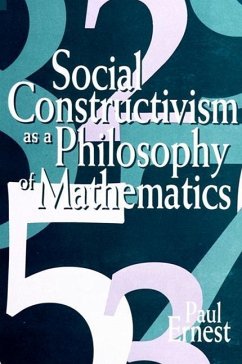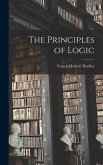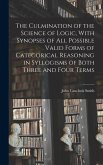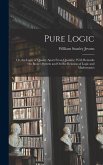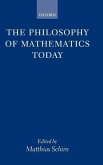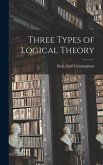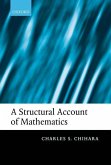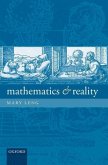Proposing social constructivism as a novel philosophy of mathematics, this book is inspired by current work in sociology of knowledge and social studies of science. It extends the ideas of social constructivism to the philosophy of mathematics, developing a whole set of new notions. The outcome is a powerful critique of traditional absolutist conceptions of mathematics, as well as of the field of philosophy of mathematics itself. Proposed are a reconceptualization of the philosophy of mathematics and a new set of adequacy criteria. The book offers novel analyses of the important but under-recognized contributions of Wittgenstein and Lakatos to the philosophy of mathematics. Building on their ideas, it develops a theory of mathematical knowledge and its relation to the social context. It offers an original theory of mathematical knowledge based on the concept of conversation, and develops the rhetoric of mathematics to account for proof in mathematics. Another novel feature is the account of the social construction of subjective knowledge, which relates the learning of mathematics to philosophy of mathematics via the development of the individual mathematician. It concludes by considering the values of mathematics and its social responsibility.
Hinweis: Dieser Artikel kann nur an eine deutsche Lieferadresse ausgeliefert werden.
Hinweis: Dieser Artikel kann nur an eine deutsche Lieferadresse ausgeliefert werden.

